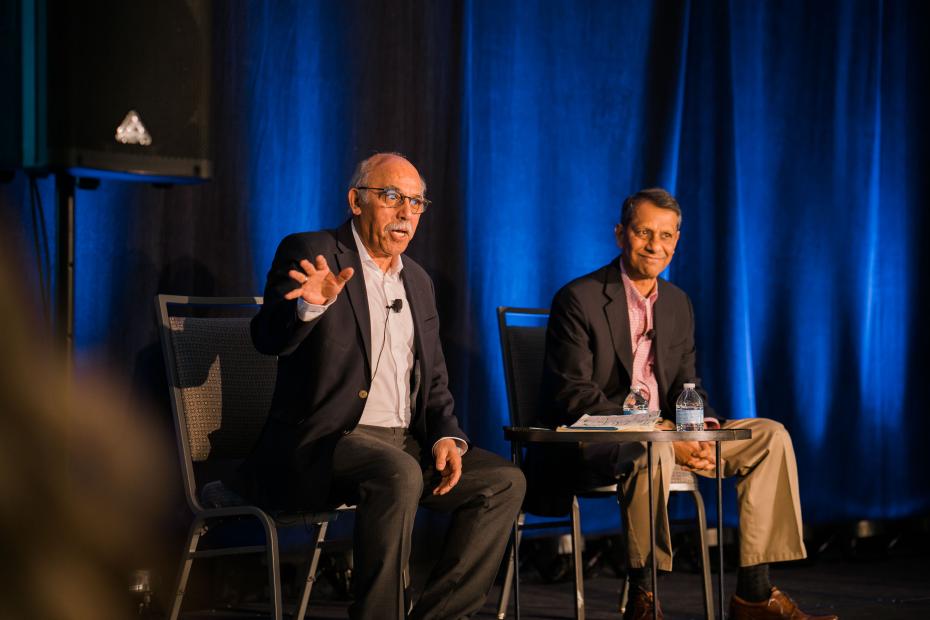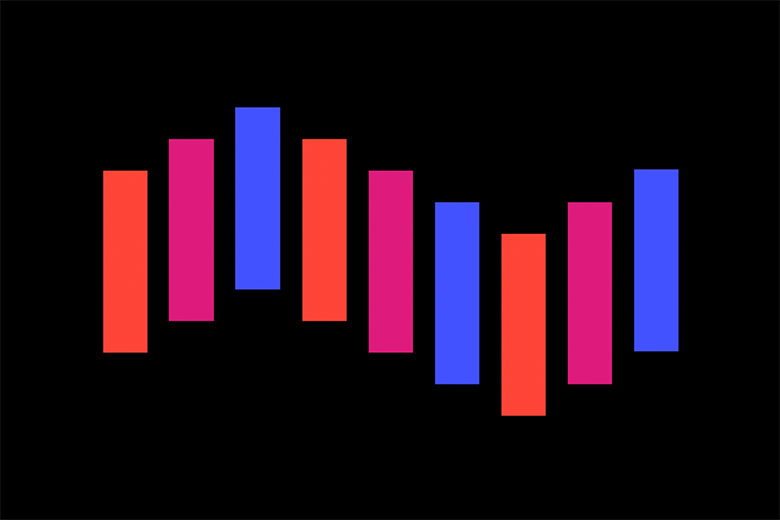As educators, how can we craft questions that effectively encourage critical thinking? How can we write the right questions? And how can we use artificial intelligence to link concepts and foster critical thinking among our students?
At the core of critical thinking lies the skill of posing deep and thought-provoking questions. In the changing landscape of online learning, redesigning the ways in which we approach reasoning, analysis and synthesis is paramount. Critical thinking skills are particularly important in the online courses as they enable students to analyse information critically, evaluate sources effectively and make informed decisions independently in a digital learning environment.
- AI and assessment redesign: a four-step process
- How can we teach AI literacy skills?
- Spotlight guide: Bringing GenAI into the university classroom
- Resources offering insight on AI and assessment
AI can create engaging and effective learning experiences for educators and students. On one side, educators can use generative AI to tailor instruction, automate tasks and provide personalised feedback, freeing up valuable time. On the other side, students can use AI to connect, explore diverse perspectives and visualise complex data.
But how can generative AI help educators and students focus on the higher-order skills needed to evaluate and reason though complexities? Here, I’ve identified five ways to do so.
Using AI to connect ideas
Critical thinking entails assessing, integrating and examining information to make well-informed choices, guided by criteria and connections. AI technology helps to connect ideas, merging them to create stronger concepts and produce a wide range of ideas quickly.
For example, in a genetics course, providing a paper with a critical thinking question on researching genetic engineering across different fields. Use this example prompt to generate an assignment for students to answer and make connections:
"Genetic engineering techniques have advanced rapidly in recent years, allowing scientists to precisely edit genes and modify the genetic make-up of organisms. With these powerful tools, we can now alter the genetic code of organisms in once unimaginable ways. Your task is to use an AI system to explore the potential applications and implications of genetic engineering in various fields, such as agriculture and food production, medicine and human health, creation of a new species and environmental conservation.”
Throughout the process, for example, the students could document the initial ideas and the connections made between concepts, or observe the similarities and differences produced. Then they could reflect with their own analysis by comparing their thoughts on each area. Students could use Chat PDF to interact with research articles and analyse the information within the article, using AI critically.
Effective critical thinking involves constructing well-reasoned arguments supported by evidence. Towards the end of the course, students should be able to critically evaluate emerging technologies and their impact on society and the environment.
Synthesis, visualisation and practice
Educators can empower students with instructional methods that integrate synthesis and visualisation of assignments. Generative AI can assist students in analysing and visualising complex scientific data, helping them identify patterns, trends and anomalies, which are crucial for developing critical thinking skills in the sciences. For example, Google’s Gemini can generate images with text, using prompts such as “visualise the virus particle that causes rubella”.
Create AI-powered presentations
Thinking critically is an ongoing process of questioning, analysing and refining one’s understanding. Gemini’s ability to quickly generate and modify slides, based on new information or feedback, can facilitate this iterative process. It can now create PowerPoint slides complete with speaker notes for educators and students alike.
For instance, the speaker notes feature can prompt students to articulate the logic and evidence behind each slide, fostering their ability to build and communicate sound arguments. As students explain their reasoning in the speaker notes, they can practise organising their thoughts, anticipating counter-arguments and strengthening their justifications, all of which are essential critical thinking skills.
Educators can require students to use Gemini to explore alternative perspectives, incorporate additional evidence or restructure their presentations with AI. The iterative cycle can reinforce the habit of continuously re-evaluating and improving one’s thinking, essential for developing robust critical thinking skills. Other AI tools that can help make presentations include Gamma AI, Canva, Visme AI presentation maker and Tome. Not all the programmes are free.
Develop virtual learning
Critical thinking often involves visualising abstract concepts, relationships and processes. For instance, freely available online animations or YouTube videos can provide visual simulations of enzymes interacting with substrate. These visuals can help educators teach the importance of rates of reaction and enzyme substrate specificity. Animations such as these, along with generative AI critical thinking questions, can make customised virtual critical thinking assignments, which can be modified to different course levels.
Synthesis and research
Generative AI could be used to do some of the initial research on a given topic. Researchers could use a prompt such as: “I am in search of some cutting-edge research papers related to [insert topic] that have been published in the last five years. It would be great if you could direct me to some innovative and informative papers that could help me gain a deeper understanding of the topic.”
Generative AI can be a powerful tool for supporting critical thinking in online courses. Educators can move beyond rote memorisation and ignite the critical thinking skills students will need to thrive in our constantly evolving world. Students can leverage AI to challenge assumptions, connect disparate pieces of information and reinforce foundational concepts. We have the opportunity to harness the powers of new technology to equip the next generation with the skills to assess their world critically – let’s not waste it.
Urbi Ghosh is a science faculty member in General Education at CSU Global.
If you would like advice and insight from academics and university staff delivered direct to your inbox each week, sign up for the Campus newsletter.




comment1
(No subject)